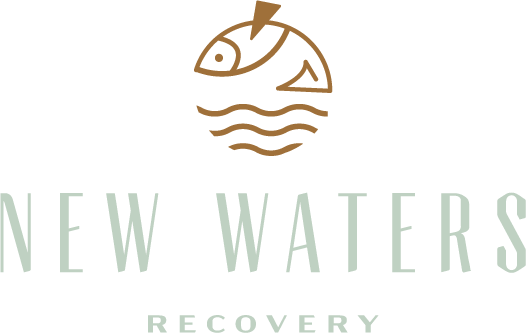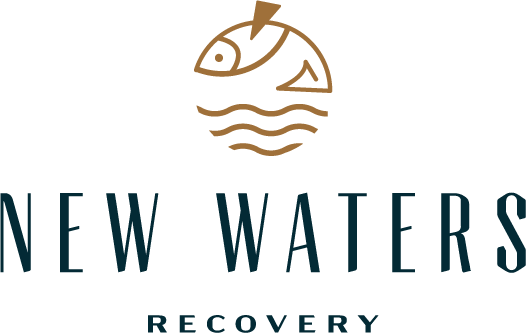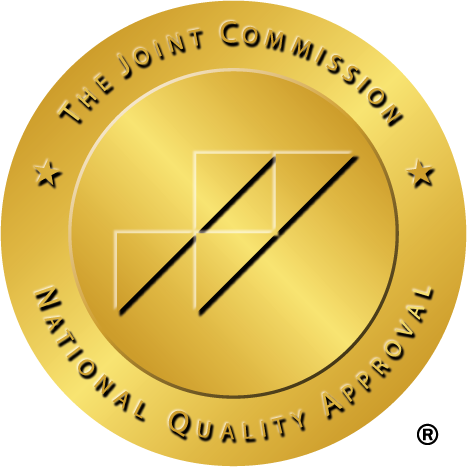Table of Contents
Key Points
- Founded in 1935 by Bill Wilson and Dr. Bob Smith, AA grew from their shared struggles with alcoholism, introducing the Twelve Steps as a new approach to recovery.
- Key tools in AA include the Twelve Steps, the Twelve Traditions, sponsorship, meetings, and the Big Book, all designed to foster spiritual growth, self-awareness, and mutual support.
- Found in Chapter 6, the Promises describe the profound changes that can occur in recovery, such as new freedom, peace, and the ability to help others.
- Many misunderstand the Promises as a guarantee of perfection or uniform outcomes. In reality, they are about progress, not immediate transformation, and manifest differently for each person.
- The Promises are not quick fixes but a long-term vision of recovery, achieved gradually through consistent effort and spiritual growth.
- Sponsors help sponsees understand the recovery process, using the Promises to inspire hope, set realistic expectations, and offer reassurance when progress feels slow.
The AA Promises are so much more than a collection of hopeful statements. They are a powerful set of guideposts on your path to recovery. As you work through the Twelve Steps of Alcoholics Anonymous, these AA promises offer a vision of the profound emotional and spiritual changes that can take place in your life during recovery. They are not quick and easy fixes but an inspiration for the transformation that will help you navigate the ups and downs of recovery you are bound to face.
The History of Alcoholics Anonymous
Alcoholics Anonymous, or AA, was founded in 1935 by Bill Wilson and Dr. Bob Smith.[1] Bill was a New York stockbroker who had endured multiple failed attempts at sobriety before experiencing what could be considered a spiritual awakening in 1934. This led him to believe that helping others might be the key to staying sober. Soon afterward, Wilson met Dr. Bob Smith, a physician who was also battling alcoholism. Together, they formed the first AA group. In doing so, they laid the foundation for a new approach to recovery.
The core philosophy of AA is based on the Twelve Steps. These are a set of principles designed to guide you through the process of overcoming addiction and living a sober life. In 1939, AA published its foundational text, Alcoholics Anonymous, which outlines the Twelve Steps and shares the personal stories of people who found sobriety through living the program. This book is commonly referred to as the Big Book.
AA quickly grew from there, with groups forming across the United States and even internationally. By the early 1940s, AA had spread to other countries, and its principles began to influence the broader recovery movement.
Alcoholics Anonymous is now one of the largest and most recognized addiction recovery organizations worldwide. It has millions of members worldwide[2] and has had a lasting impact on how addiction is treated. Its focus on spirituality, self-awareness, and community support continues to provide a vital framework to people seeking recovery from alcoholism and other addictions to this very day.
The Tools of Alcoholics Anonymous
Alcoholics Anonymous offers a variety of tools and practices designed to support you in your recovery journey. These tools focus on spiritual growth, a higher power, self-awareness, and mutual support, all of which help individuals build a foundation for long-term sobriety.
- The Twelve Steps: The Twelve Steps form the core of AA’s recovery process. The steps guide you through self-reflection, humility, personal growth, and service to others.[3] It’s important to realize the process is not linear and can be revisited at any time. This helps you.
- The Twelve Traditions: The Twelve Traditions are AA-based guidelines that help maintain the integrity and unity of AA groups. These traditions emphasize anonymity, inclusivity, and group support. The traditions are crucial in ensuring that AA remains a safe, supportive, and non-judgmental environment for you as well as all members.
- Sponsorship: Sponsorship is a cornerstone of AA’s structure. A sponsor is someone with more experience in recovery who provides guidance, support, and accountability to a newer member. Sponsors help guide sponsees through the Twelve Steps, share their own experiences, and offer advice on how to navigate the constant challenges of sobriety.
- Meetings: AA meetings provide a space for you to share your experiences, struggles, and victories in a supportive, anonymous setting. Regular attendance helps you build a network of support and learn from others who are walking the same path as you. Meetings can vary in form. Some meetings are speaker-based, others involve group discussions, but all emphasize honesty, openness, and support.
- The Big Book: The Big Book of Alcoholics Anonymous is the foundational text of the program. It contains the Twelve Steps, personal stories from members who have overcome alcoholism, and a detailed explanation of the AA philosophy.[4] The Big Book serves as a constant reference for you as you work at recovery.
The AA Promises

“If we are painstaking about this phase of our development, we will be amazed before we are halfway through. We are going to have new freedom and happiness. We will not regret the past nor wish to shut the door on it. We will comprehend the word serenity, and we will know peace. No matter how far down the scale we have gone, we will see how our experience can benefit others.
That feeling of uselessness and self-pity will disappear. We will lose interest in selfish things and gain interest in our fellows. Self-seeking will slip away. Our whole attitude and outlook upon life will change. Fear of people and of economic insecurity will leave us. We will intuitively know how to handle situations that used to baffle us. We will suddenly realize that God is doing for us what we could not do for ourselves.
Are these extravagant promises? We think not. They are being fulfilled among us — sometimes quickly, sometimes slowly. They will always materialize if we work for them.”
Starting Your Recovery Journey
If you or a loved one are struggling with addiction to alcohol or other substances, you may feel overwhelmed and helpless. Your mental health can impact substances use. Communities like AA provide the support you need to get and stay sober. You might, however, find that beginning your journey to sobriety in a treatment center can help build the strong foundation you need to succeed. Never be afraid to reach out for that level of help.
Frequently Asked Questions
Below are some of the most frequently asked questions regarding the AA promises
Sources
[1]The start and growth of A.A. Alcoholics Anonymous. (n.d.-c). https://www.aa.org/the-start-and-growth-of-aa
[2]Steinmetz, K. (2010, July 2). Top 10 things you didn’t know about alcoholics anonymous. Time. https://content.time.com/time/specials/packages/article/0,28804,2001284_2001057_2001044,00.html
[3]The twelve steps. Alcoholics Anonymous. (n.d.-b). https://www.aa.org/the-twelve-steps
[4]The big book. Alcoholics Anonymous. (n.d.). https://www.aa.org/the-big-book
[5]What are “the promises”? Alcoholics Anonymous. (n.d.-c). https://www.aa.org/faq/what-are-promises
New Waters Recovery Editorial GUIDELINES
At New Waters Recovery, we take your health and wellness seriously. We have a thorough process in place to ensure the integrity of information that is displayed on our website. All content published to our site undergoes a rigorous medical review by a doctorate level clinician to ensure medical accuracy. Read More About Our Process




